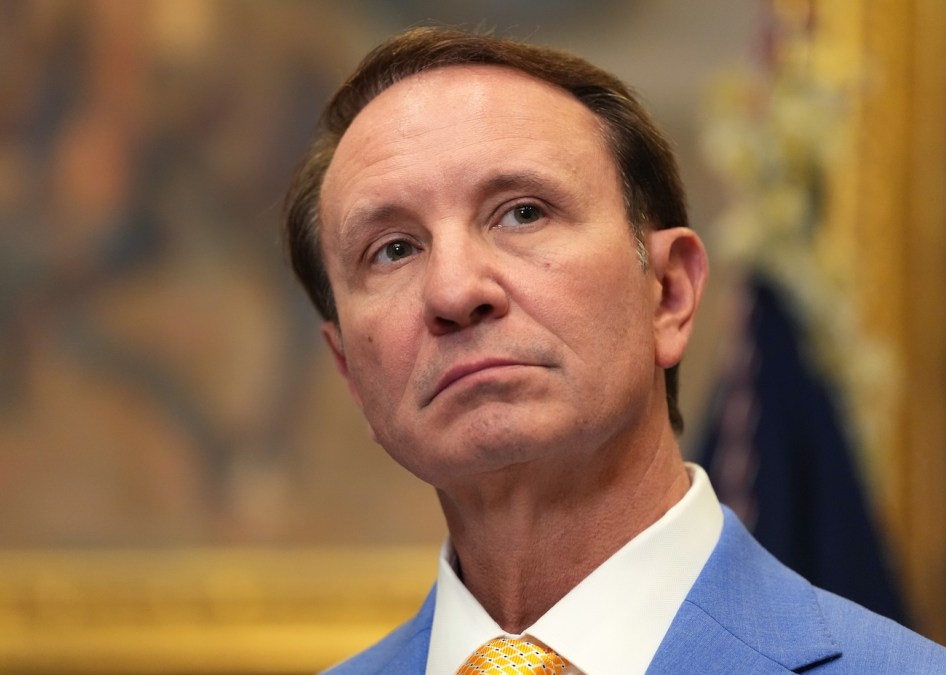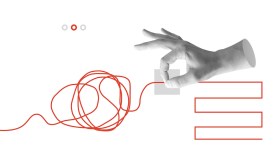Louisiana governor says fixes to state’s outdated motor vehicle system are working

Fixes made last week to the IT system of Louisiana’s Office of Motor Vehicles appear to be working, Gov. Jeff Landry said Wednesday, following months of technical outages caused by the system’s “outdated software.”
Landry’s update about the system, which was shared Wednesday at the top of his press conference about his plan to improve health insurance prices, follow an executive order he signed at the end of March declaring a state of emergency, and ordering the modernization of the state’s OMV system. The outdated system, which the governor said was built in 1970 and has not been purged of outdated data since 2008, caused several OMV field offices to close and prevented public tag agents from processing driver’s licenses, vehicle registrations and reinstatement transactions over the last several months.
The fixes, he said, were implemented last week by the Louisiana Office of Technology Services, and so far, the system has encountered no issues over the last four days — a record for recent months, he said.
“I know that many Louisianans have been frustrated,” Landry said. “We issued a declaration of emergency in order to handle this situation, and last Thursday evening, we implemented one of the solutions that OTS believed would remedy the problem, and we have seen significant improvements in performance and stability since that time.”
Landry said Evelina Broussard — who in February was appointed to be the state’s new chief information officer and leader of OTS — and Bryan Adams, the commissioner of OMV, have been working for the last several weeks to find a solution for the “mainframe bottlenecks that have been causing havoc on the system.”
Louisiana’s tech leaders, he said, are also looking into upgrading OMV’s mainframe to a new system, though details on the timeline of that process were not made available.
“I think that this proves that when we focus and we get the right leadership in place, especially at OTS level, that we can fix these problems,” Landry continued. “We’re going to continue to work to stabilize and upgrade the hardware, and at the same time, we’re choosing a replacement to convert to a new system. I think that it continues to show Louisianans out there that we, we’re we are completely capable of solving problems, and we do not like to kick cans down the road, and that’s exactly why we’re here today.”






